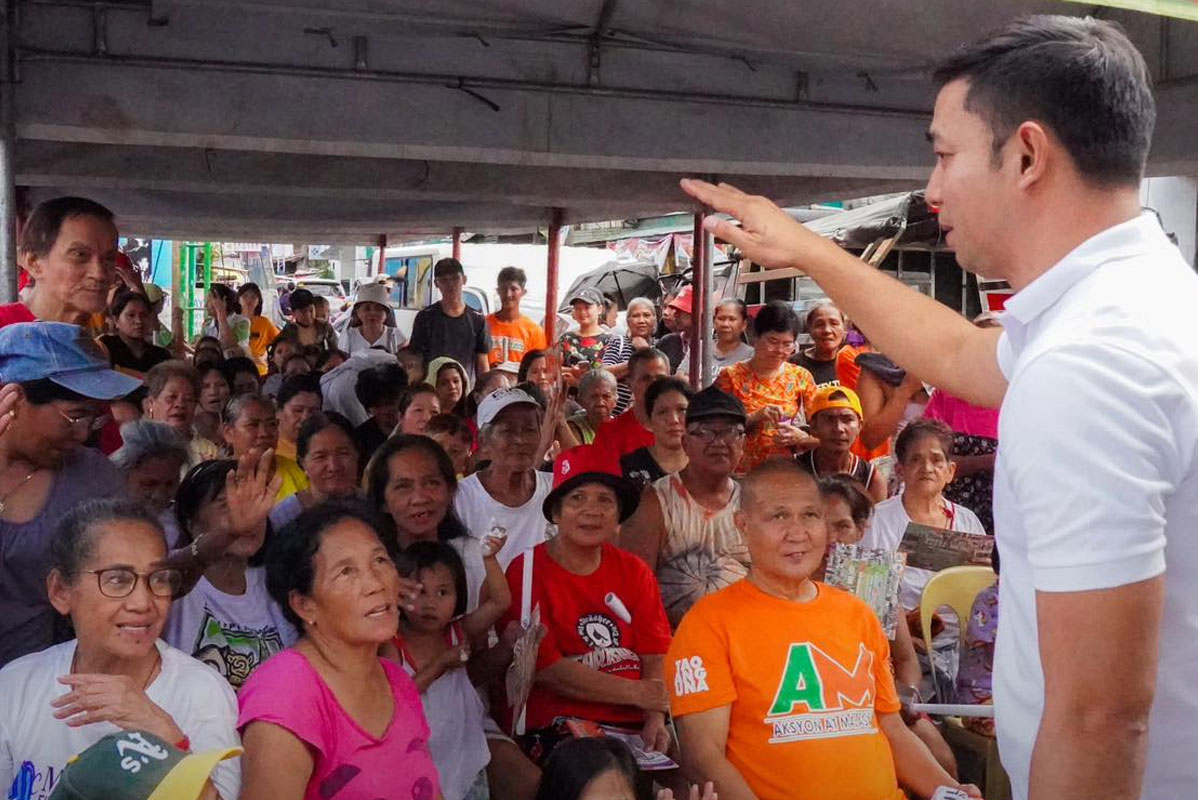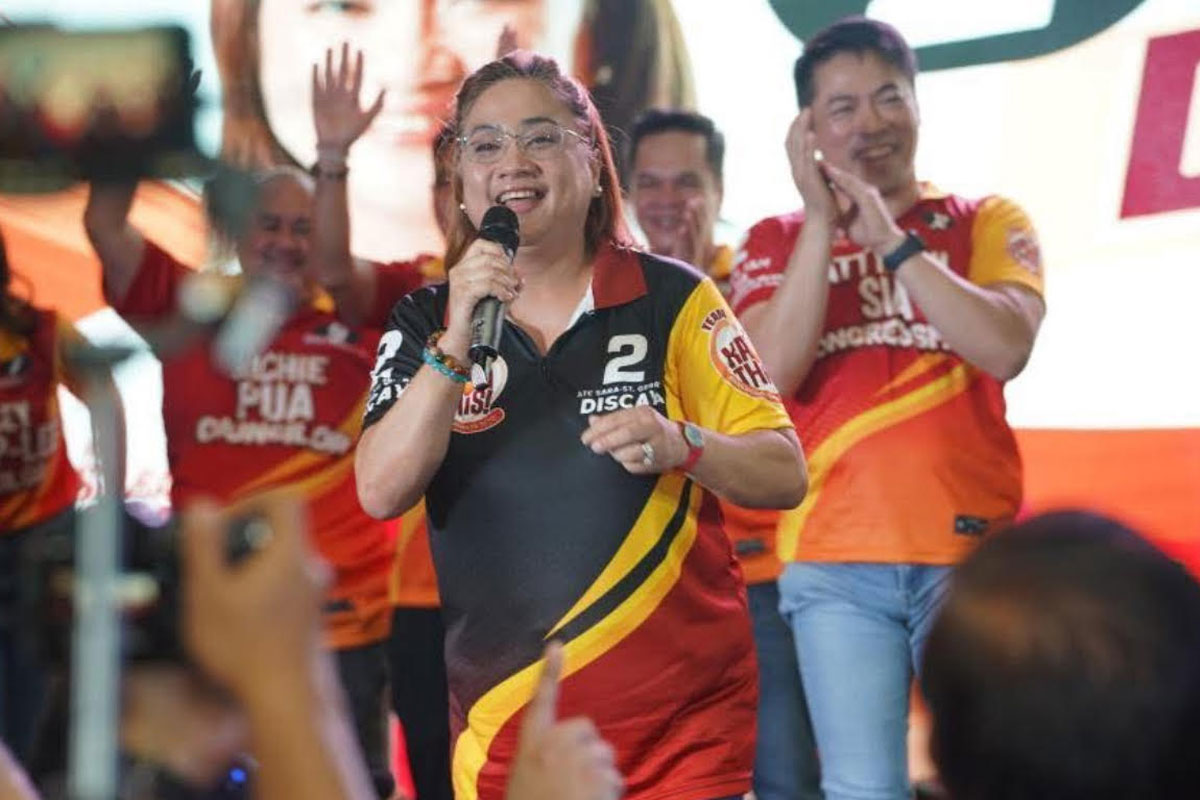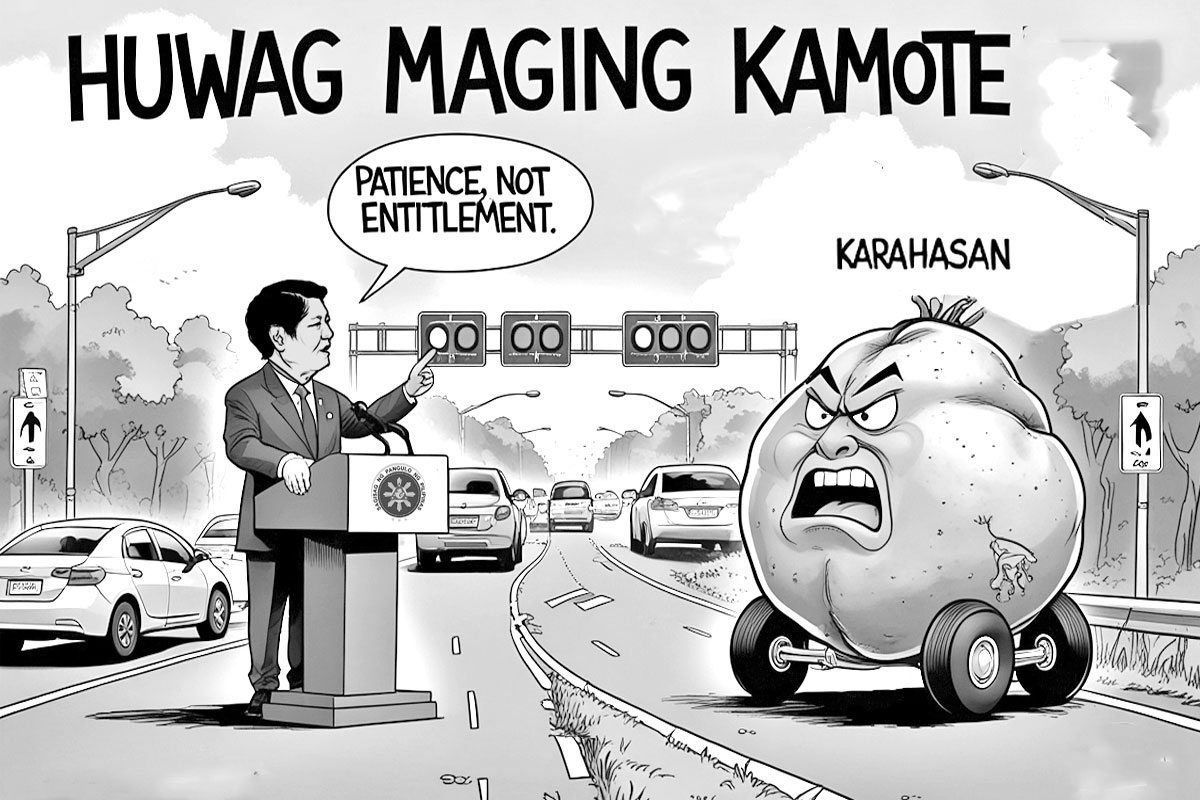
PNP, PDEA move to clear remaining PH barangays of illegal drugs
 WITH the Barangay and Sangguniang Kabataan Elections now over, combined agents of the Philippine National Police and the Philippine Drug Enforcement Agency have been ordered to continue clearing over 7,000 drug-affected barangays in the country.
WITH the Barangay and Sangguniang Kabataan Elections now over, combined agents of the Philippine National Police and the Philippine Drug Enforcement Agency have been ordered to continue clearing over 7,000 drug-affected barangays in the country.
On orders of PNP chief General Benjamin Acorda Jr. and PDEA chair Director General Moro Virgilio M. Lazo, police and PDEA operatives will be fully partnering with newly-elected barangay and SK officials in continuing the national government’s drug-clearing program.
From July 1, 2022 to September 30, the numbers of the National Anti-Drug Campaign released by the PDEA showed a total of 27,799 barangays have been declared as ‘drug-cleared’ while another 7,738 needed to be cleared.
Drug-cleared barangays previously classified as ‘drug-affected’ are subjected to drug clearing operations and maybe declared as drug-cleared’ pursuant to parameters set forth by the Dangerous Drugs Board.
‘Drug-cleared’ barangays are those previously tagged as ‘drug-affected’ due to the presence of persons involved in illegal trafficking and use of drugs and clandestine drug dens but later found to have been free from drugs following the verified absence of any illegal drug activities or presence of users and traffickers.
Department of Interior and Local Government Secretary Benjamin C. Abalos Jr. has ordered all Local Government Units, the PNP and other agencies under him to fully participate in the Barangay Drug Clearing Program (BDCP) of the government.
The BDCP aims to reduce drug affectation in the country by taking away drugs from the people, taking people away from the lure of illegal drugs and impacting the drug problem in the community by integrating the support of stakeholders and local chief executives.
The ultimate goal is to realize drug-resilient and self-policing communities and produce stigma-free rehabilitated Persons Who Use Drugs (PWUDs) and drug reformists.
It also aims to sustain the implementation of the BCDP by ensuring the community has developed resiliency against illegal drugs and effect reintegration of and erase the stigma on rehabilitated PWUDs and drug reformists.
At the same time, it also aims to sustain the implementation of BDCP by achieving a self-policing community: institutionalize the implementation of BDCP through the issuance of ordinances, executive orders and policies and ensuring multi-sectoral support; and enhance the implementation of BDCP through monitoring, evaluation and consultation with duty bearers and stakeholders.
Well-functioning Barangay Anti-Drug Abuse Councils (BADACs) are playing a major role in the program.
The PDEA earlier said that the government of President Ferdinand ‘Bongbong’ R. Marcos Jr. is winning its battle on drugs and corrupt government officers with less bloodshed compared to the bloody war waged by the previous Duterte administration.
Lazo made the assertion as he said they are shifting their anti-narcotics strategy in line with President Marcos’ anti-drug campaign thrust that is geared towards community-based rehabilitation, going after drug syndicates and getting rid of unscrupulous government officials.
The PDEA chief revealed that from July 1, 2022 to September 30, 2023, a total of 47,076 anti-illegal drug operations were conducted by government agents.
The number of operations reflected a 2.56 percent increase compared to the 45,902 operations carried out for the same period from July 1, 2020 to September 30, 2021.
He said that these efforts to reduce the drug supply also led to a notable increase in the number of apprehended drug offenders.
Specifically, during the period from July 2022 to September 2023, 64,862 drug suspects were arrested, compared to 64,143 arrests in the same period from 2020 to 2021.
Lazo likewise said the volume of confiscated shabu experienced a substantial rise, going from 2,349 kilograms in 2020-2021 to 3,795 kilograms in 2022 to 2023, marking a remarkable 1,446-kilogram increase, which is equivalent to 61.58 percent increase under the Marcos administration.
He added that there was a 52 percent reduction in the number of drug-related fatalities during operations initiated by the PDEA, dropping from 40 deaths in the previous period of 2020-2021 to only 19 deaths from July 2022 to September 2023.
“Sadly, some law enforcers entrusted with the implementation of the previous administration’s aggressive war on drugs, committed treacherous acts, which is a clear indication of failure,” Lazo said.



















